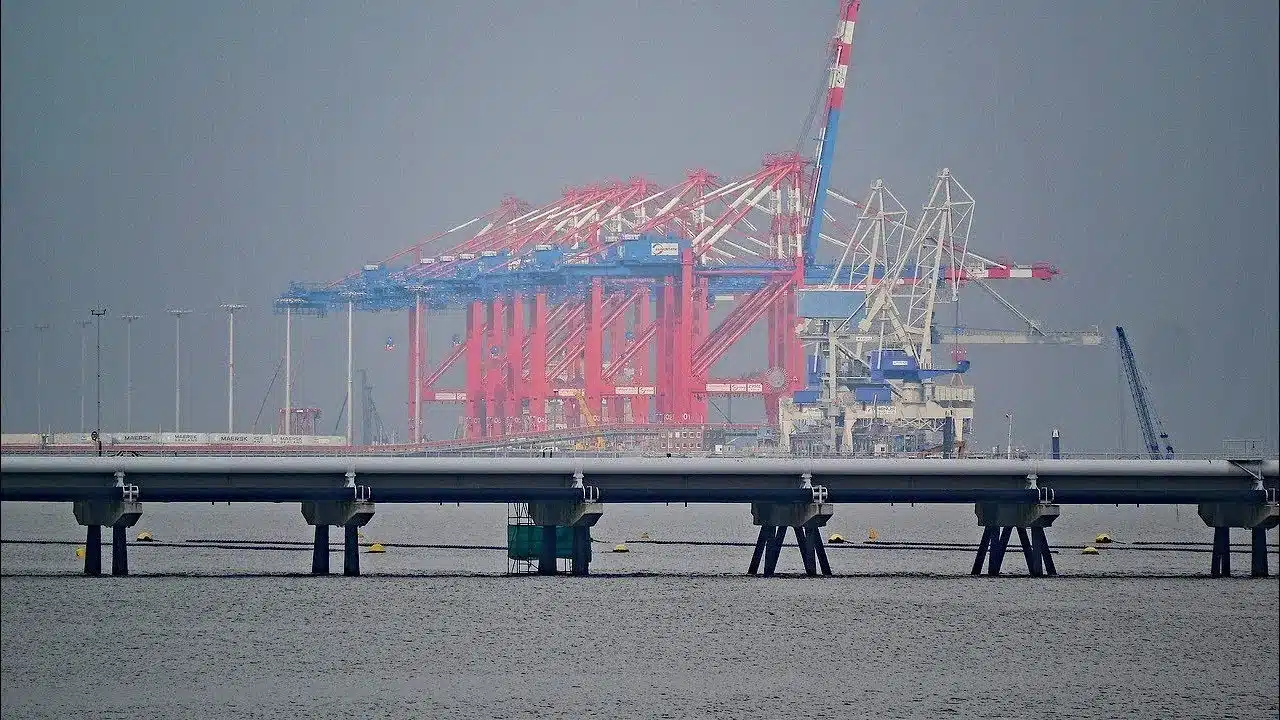A decline in the prices of Natural 95 and Diesel was observed last week again, with a decrease of 4 gr per liter in the case of Natural 95 and 3 gr per liter in the case of Diesel. The wholesale prices went down as well. The current wholesale price of Diesel is the same as at the end of December 2021.
The recent drop in oil prices is due to multiple contributing factors. Following a summer of price fluctuations, crude oil began to decline in the last week of August. On Tuesday, September 10, the price was $10 less than it had been on August 26. Furthermore, it is nearing a three-year low. Hedge funds and other financial entities have scaled back their bullish investments in oil to the lowest level seen since 2011. This reduction in positive sentiment is attributed to an increase in global oil supply, demand that has not met expectations, and worries regarding the economic performance of China and the United States.
The recent decrease in oil prices is partly a result of OPEC’s express the same opinio as International Energy Agency (IEA) in revising its global oil demand forecasts for this year and the next. The demand estimate for this year has been lowered from 2.11 million barrels per day to 2.03 million barrels per day, while the projection for the following year has been adjusted from 1.78 million barrels per day to 1.74 million barrels per day. Despite this, OPEC nations are expected to boost production next year, which will be the first increase since 2022.
The declining outlook for demand is increasingly challenging the OPEC cartel and its partners in their attempts to achieve market equilibrium. OPEC+ has historically endeavored to sustain oil prices and ensure that supply does not surpass demand by implementing production cuts. Nevertheless, in early June, the group decided to progressively lift some of these production limitations
The persistent decrease in fuel prices is expected to carry on in the immediate future. However, in the event of geopolitical disturbances on a global scale, particularly in the Middle East, diesel prices could potentially rise by around 10-15 gr per liter in the weeks ahead. Should a conflict arise in the Middle East, it becomes exceedingly difficult to ascertain how oil and fuel prices will evolve.
The temporary decrease in prices provides a short-term advantage for logistics companies, whose operational expenditures are heavily tied to fuel prices. A notable drop in oil prices is beneficial for these firms. However, they must also take into account the requirements of the Green Deal. It is unlikely that they will be able to sidestep long-term price escalations, which underscores the importance of strategic financial planning, including the use of factoring.
Marek Wcisło, Partnership Director at Malcom Finance
